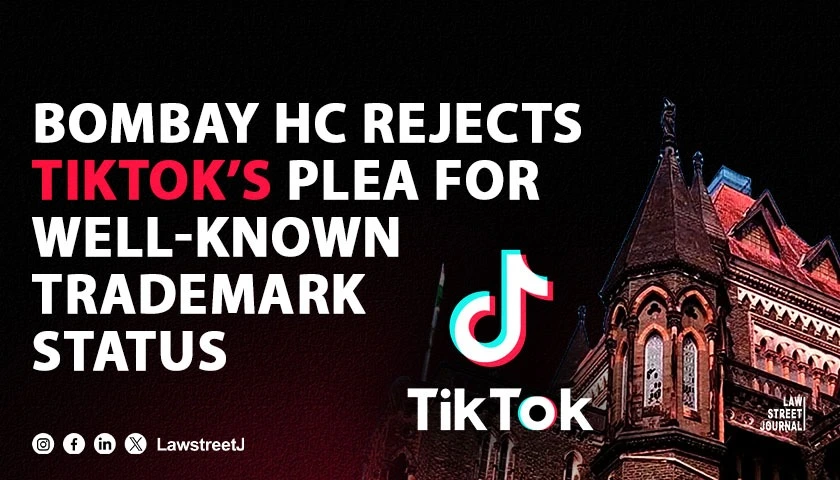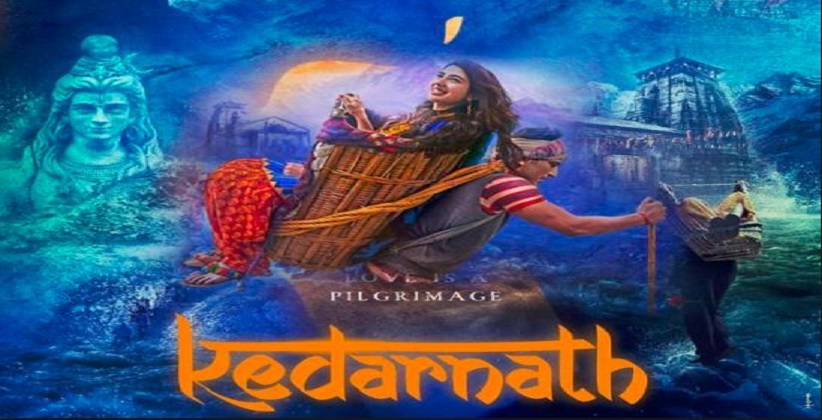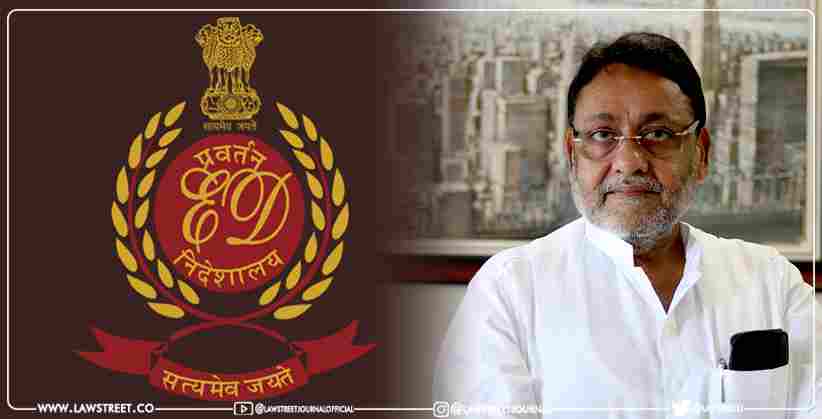Mumbai: The Bombay High Court has dismissed a petition challenging the refusal by the Registrar of Trade Marks to include TikTok in the list of well-known marks, ruling that the Government of India’s ban on the social media application is a relevant factor in determining trademark recognition.
Justice Manish Pitale delivered the judgment on June 10, 2025, in response to a commercial miscellaneous petition filed by TikTok Limited challenging the Assistant Registrar of Trade Marks’ order dated October 31, 2023.
The court addressed TikTok Limited’s application for inclusion of its registered trademark in the list of well-known marks under Rule 124 of the Trade Mark Rules, 2017. It noted, “By this petition, the petitioner has challenged order dated 31st October 2023 passed by the respondent-Assistant Registrar of Trade Marks, refusing an application filed on behalf of the petitioner for inclusion of its registered trade mark/TikTok in the list of well known marks.”
Highlighting the background of the case, the court observed, “The petitioner is a technology company operating a range of content platforms, including a platform/mobile application bearing the mark TikTok. The application was launched worldwide in the year 2017 and by 2019, the aforesaid application TikTok was available in 155 markets and in 75 languages.”
The court underlined the central issue in the refusal, stating, “The main reason recorded in the impugned order was that the application TikTok was found to be controversial by the Government of India and it stood banned in India, as the Government of India found the said application to be prejudicial to the sovereignty and integrity of India and for other such reasons.”
In examining the legal framework, the court referenced Section 11(6) of the Trade Marks Act, noting, “The Registrar shall, while determining whether a trade mark is a well-known trade mark, take into account any fact which he considers relevant for determining a trade mark as a well-known trade mark, including” various specified factors.
The court further emphasized, “Section 11(6) of the Trade Marks Act provides that a Registrar shall take into account any fact that he considers relevant for determining a trade mark as a well-known trade mark. A bare perusal of the said provision shows that it is not exhaustive in nature.”
Addressing TikTok’s contention that the ban is temporary, the court observed, “Merely because the ban on certain other applications has been lifted cannot be a ground for the petitioner to claim that the impugned order is rendered erroneous. It was admitted on behalf of the petitioner that the ban still operates.”
The court highlighted the serious nature of the concerns leading to the ban, stating, “The material taken into consideration by the said respondent in the impugned order shows that it refers to the aforesaid application of the petitioner bearing trade mark TikTok being found to be prejudicial to the sovereignty and integrity of India, Defence of India, Security of State and Public Order.”
In its final assessment, the court ruled, “This Court is of the opinion that the banning of the application of the petitioner i.e. TikTok by the Government of India, while exercising power under the Information Technology Act and Rules, is indeed a relevant fact taken into consideration by the Registrar.”
The court also emphasized the constitutional considerations, noting, “The reasons why the application of the petitioner bearing the trade mark TikTok has been banned pertain to the sovereignty and integrity of India, its Defence and Public Order. These are serious matters, which cannot be ignored.”
The court concluded by affirming that while TikTok remains a registered trademark with statutory protection, the ban prevents its inclusion in the list of well-known marks, stating, “Inclusion in the list of well-known marks obviously gives added protection to a mark, but in the light of the fact that the application TikTok itself has been banned in India, which, to date, admittedly has not been set aside by any competent court or authority, this Court finds that no error can be attributed to the said respondent.”
Case Title: TikTok Limited vs. The Registrar of Trade Marks Mumbai & Anr.




![Husband Can Also Claim Alimony/Maintenance From Wife: Bombay High Court Orders Woman To Pay Alimony To Ex-Husband [Read Order]](/secure/uploads/2022/04/lj_2823_Divorce.jpg)






